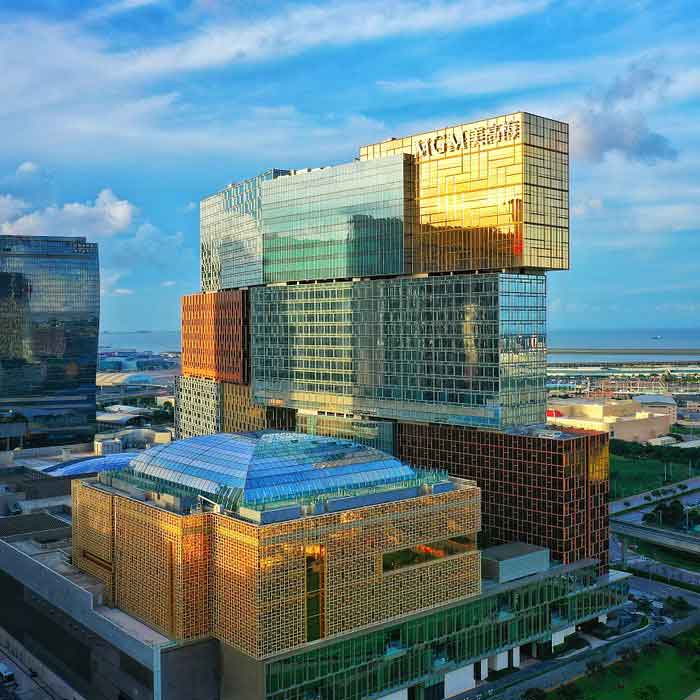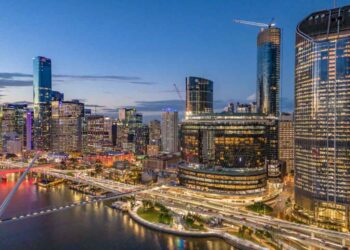MGM Resorts CEO and President Bill Hornbuckle has defended the promotional activity of Macau subsidiary MGM China amid criticism from rival operators, pointing to strong margins in the March 2024 quarter as evidence the company is not over-spending.
Hornbuckle addressed the issue while summarizing MGM China’s record 1Q24 earnings results during an earnings call with analysts this morning, with its Macau integrated resorts generating revenues of US$1.1 billion and Adjusted Property EBITDAR of US$301 million.
MGM China, which has led the way in Macau when it comes to implementing smart gaming table technology, has earned the ire of its fellow concessionaires for perceived aggressive activity in the market, primarily in terms of rebates and expansion of its sales force.
Hornbuckle acknowledged this morning that such “hyberbole” around promotional spend has been “particularly aimed at us” but pointed to the company’s 29% margins in Q1 as evidence that such spend was reasonable.
“I just query that [criticism] and I challenge it,” he said. “And frankly, if we had retail to the extent that two of our competitors do, [margins] would be in the low-to-mid 30s.”
Melco Resorts Chairman and CEO Lawrence Ho may well have flamed the fire during his company’s earnings call earlier this week when he referenced what he called the “crazy behavior” of some rival operators. Ho added that he hoped the roll out of smart table technology across the market would level the playing field over the coming quarters, commenting, “I’m hoping that everybody will start being more rational and realize … it’s not healthy for the whole industry. I do think when smart tables are adopted, it will neutralize some of this crazy behavior.”
Melco President Evan Winkler added, “We have general discussions with peers at other places. I think there’s a general feeling among the group and competitors in terms of what is rational and irrational behavior.”
However, Hornbuckle noted that the Macau market is currently booming and MGM China has secured an “outsized portion of [market] share” in Q1 at around 17%, which he says continued into April.
“We heard this week about visa reforms and I think some of the regions are opening up without needing visas at all, so I think that all accretes to visitation and obviously in all of our favors,” he said.
“The market’s probably back at about an 80% rate (compared to 2019), so we still see some uptick and some growth there.”


































